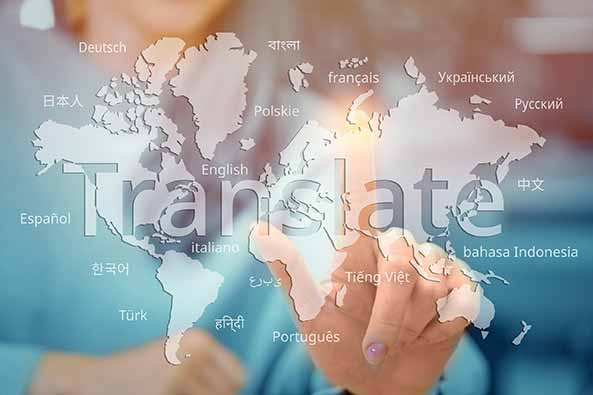Do you have some files that need to be translated fast? Are you new to the translation process? We understand that venturing into a language project may feel like a daunting task. This is the precise reason why we have prepared some easy questions for you, which will help you gather the required information for your upcoming translation project.
Collect the following project information:
1. Language and audience
Know the specific language you would like to translate into. Why is this important? This may sound obvious, but let’s look at an example: You have an English document in hand and you would like to have it translated into Spanish. There are many variations of the Spanish language: US Hispanic, Mexican Spanish, Argentinian Spanish, Latin American or Iberian Spanish, etc…
2. Format
You should also know what type of document you would like to have translated. “PDF” is not really the answer translators are looking for here. A PDF file can be created from various file types, so if you can provide detailed information on the original file format, it will be easier to create the quote. Translators can work with many different file types, such as Word, Powerpoint, scanned document or perhaps InDesign. If you can, include a sample or the whole project when you email your quote request.
3. Size
It is essential for the translator to have a precise idea of the length of your project in words. Don’t worry if you don’t have it. Just send the original documents to your agency and they will do the word count for you.
4. Deadline
Ideally you should know your timeline and be able to give an estimate of when you need the documents translated for. Your translator will be able to let you know if it is possible within your timeframe.
5. Additional information
If possible, you should also gather all the supporting material that goes along with your project, such as photos, tables, graphics and logos.
6. Contact your translation agency
The next step is to make contact with your translation agency and speak to a Project Manager. If this is your first contact with the translation company, you will be assigned a Project Manager who will be dealing directly with all your future projects. The Project Manager should ask you all the above questions in order to assess your project. Depending on the deadlines, the size, and the complexity of the original documents, the project manager should give you a quote for the job as well as an estimated delivery date.
7. Evaluate the quote
This last step is actually the easiest and probably the most important one. You will need to decide whether or not you want to go ahead with your translation quote. This will most certainly depend on 3 factors: Quality – Price – Speed.
Questions to ask
- Are you happy with their handling of your primary request?
- Were they quick to respond to your emails?
- Does the quote correspond to your budget?
- Does the deadline fit within your project?
- Does the translation agency has clients’ testimonials on its website or company profile?
- Do they offer revision and/or proofreading by a separate linguist in their standard rate?
Once you have made a decision, your agency staff will guide you through the final part translation process and they will make sure you are comfortable with all the steps up until the final delivery of your files and the reception of your invoice.




